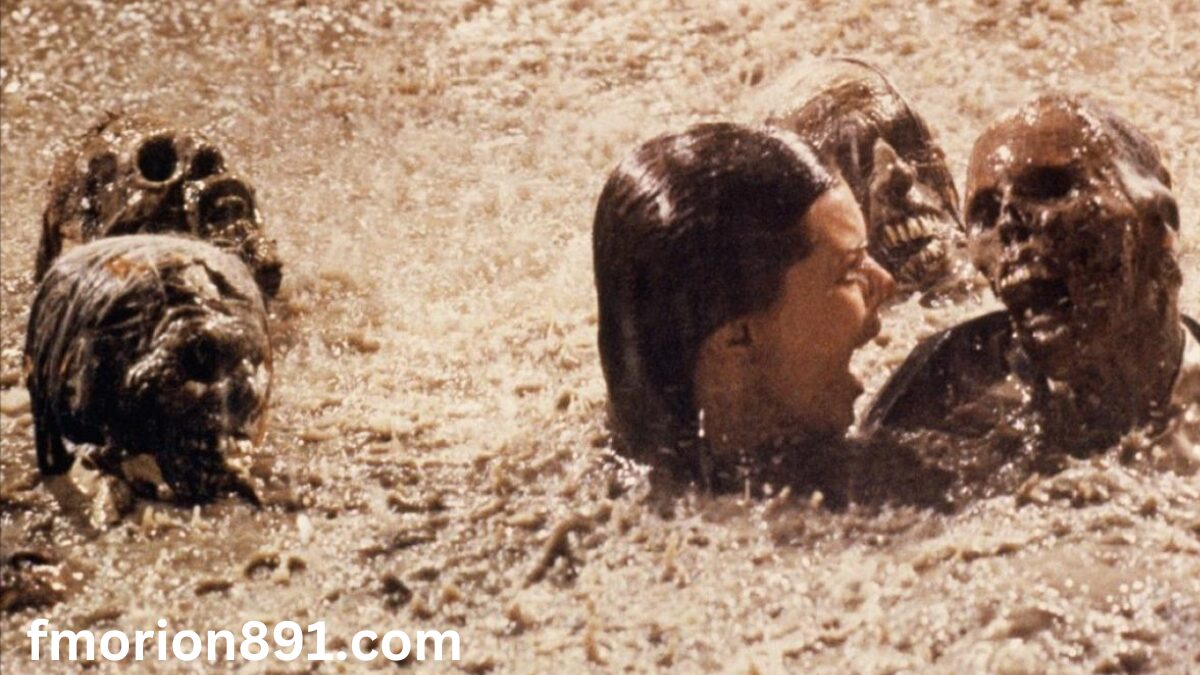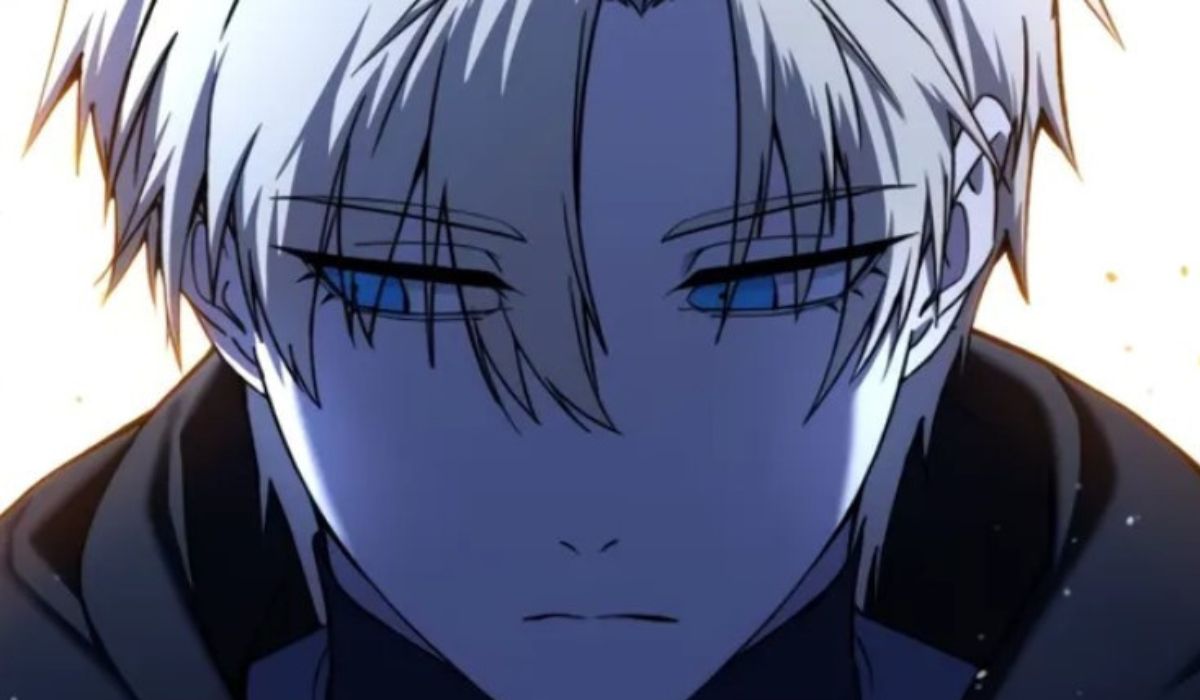Overview
“Poltergeist,” released on June 4, 1982, is a seminal work in the supernatural horror genre. Directed by Tobe Hooper and produced by Steven Spielberg and Frank Marshall, the film stands as a hallmark of horror cinema, blending intense supernatural elements with emotional depth. Featuring JoBeth Williams, Craig T. Nelson, and Beatrice Straight, “Poltergeist” has achieved a remarkable box office success, grossing $76,606,280 in the United States. This article provides a detailed exploration of the film’s plot, themes, impact, and legacy.
Genre and Production
Genre: Supernatural Horror
“Poltergeist” is categorized as a supernatural horror film, a subgenre known for its focus on ghostly apparitions and paranormal events. Unlike traditional horror, which often relies on physical threats or monsters, supernatural horror delves into the realm of the unseen and the unexplained. “Poltergeist” exemplifies this genre through its portrayal of malevolent spirits that invade the Freeling family’s home.
Director: Tobe Hooper
Tobe Hooper, the director of “Poltergeist,” was a prominent figure in horror cinema, known for his work on “The Texas Chain Saw Massacre.” Hooper’s direction in “Poltergeist” combines intense scares with a strong emotional narrative, making the film a standout in his career. His ability to create a chilling atmosphere while maintaining a compelling story is one of the film’s greatest strengths.
Writer: Steven Spielberg, Michael Grais, Mark Victor
The screenplay of “Poltergeist” was crafted by Steven Spielberg, Michael Grais, and Mark Victor. Spielberg, who is credited with the story, played a significant role in shaping the film’s narrative and tone. His influence is evident in the film’s balance of horror and heart, blending supernatural elements with family drama.
Producers: Steven Spielberg, Frank Marshall
The film was produced by Steven Spielberg and Frank Marshall, both of whom were instrumental in bringing “Poltergeist” to life. Spielberg’s involvement ensured a high level of production quality, while Marshall’s expertise in film production contributed to the film’s overall success.
Starring: JoBeth Williams, Craig T. Nelson, Beatrice Straight
The film features a strong cast led by JoBeth Williams as Diane Freeling, Craig T. Nelson as Steve Freeling, and Beatrice Straight as Dr. Lesh. Williams and Nelson deliver compelling performances as the parents struggling to protect their family, while Straight provides a grounded, supportive role as a paranormal expert.
Synopsis
Poltergeist follows the Freeling family, who live in a seemingly perfect suburban neighborhood. Their peaceful existence is shattered when their home becomes the focal point of supernatural disturbances. The film’s plot revolves around the family’s encounters with malevolent spirits and their desperate efforts to rescue their young daughter, Carol Anne, from the clutches of the spirit world.
Key Plot Points
Unsettling Occurrences
The film begins with a series of unexplained phenomena in the Freeling household. Objects move on their own, strange noises are heard, and the television screen flickers with static. These unsettling occurrences signal the presence of ghostly entities within the home, setting the stage for the film’s supernatural tension.
Communication with the Other Side
Carol Anne Freeling, the youngest member of the family, becomes the primary conduit for the spirits. She communicates with the unseen entities through the television, which acts as a portal to the other side. Her interactions reveal a world beyond the living, as she conveys messages and engages with the ghosts that inhabit the house.
Escalating Terror
As the ghostly activity intensifies, the Freelings become increasingly terrified. The supernatural disturbances escalate from minor annoyances to full-blown terror, with the family experiencing physical threats and disturbing visions. The tension reaches a boiling point as the family realizes that their home is being actively targeted by malevolent forces.
Abduction
The climax of the film occurs when Carol Anne is abducted into the spirit world. This harrowing event forces the Freeling family to take drastic measures to rescue their daughter. The family enlists the help of paranormal experts and embarks on a dangerous journey to confront the spirits and bring Carol Anne back.
Themes
Suburban Nightmare
“Poltergeist” challenges the idyllic image of suburban life by introducing a dark, supernatural element into the seemingly perfect neighborhood. The film portrays the suburbs as a place where the veneer of normalcy masks underlying fears and threats. This theme resonates with audiences, as it taps into anxieties about safety and security in familiar settings.
Parental Fear
A central theme of “Poltergeist” is the depth of parental fear and the lengths to which parents will go to protect their children. The film explores the emotional and psychological impact of facing a supernatural threat while prioritizing the safety of loved ones. The Freelings’ struggle to save Carol Anne highlights the primal instincts of parenthood and the lengths one would go to for their children’s well-being.
Good versus Evil
The battle between the Freeling family and the malevolent spirits represents a classic struggle between good and evil. The film pits the ordinary family against supernatural forces, creating a dramatic conflict that drives the narrative. The resolution of this conflict serves as a testament to the enduring power of love and family unity in the face of darkness.
Impact and Legacy
Commercial and Critical Success
Upon its release, “Poltergeist” was both a commercial and critical success. Its innovative special effects, engaging storyline, and effective scares contributed to its status as a landmark film in the horror genre. The film’s box office success and positive reviews solidified its reputation as a classic and influential work of supernatural horror.
Influence on Subsequent Horror Films
“Poltergeist” has had a lasting impact on the horror genre, influencing countless films and directors. Its use of practical effects, psychological tension, and suburban settings has inspired other horror filmmakers to explore similar themes and techniques. The film’s legacy is evident in the many horror movies that have followed, which often draw upon its techniques and storytelling methods.
Enduring Appeal
The enduring appeal of “Poltergeist” can be attributed to its effective combination of suspense, terror, and emotional depth. The film continues to captivate audiences with its blend of supernatural horror and family drama. Its memorable scenes, iconic imagery, and powerful performances have ensured its place as a classic in the horror genre.
FAQs about “Poltergeist (1982 Film): A Comprehensive Analysis”
1. What is the plot of “Poltergeist”?
“Poltergeist” follows the Freeling family as their suburban home becomes haunted by malevolent spirits, culminating in the abduction of their youngest daughter, Carol Anne, into
the spirit world, leading the family to seek help from paranormal experts to rescue her.
2. Who directed “Poltergeist” and who were the producers?
“Poltergeist” was directed by Tobe Hooper and produced by Steven Spielberg and Frank Marshall.
3. What themes are explored in “Poltergeist”?
The film explores themes of suburban nightmares, parental fear, and the battle between good and evil, showcasing the lengths parents
will go to protect their children and the contrast between the idealized suburban life and underlying supernatural threats.
4. What impact did “Poltergeist” have on the horror genre?
“Poltergeist” influenced subsequent horror films with its innovative special effects, psychological tension, and suburban settings, inspiring filmmakers to explore similar themes and techniques.
5. Who are the main cast members of “Poltergeist”?
The main cast includes JoBeth Williams as Diane Freeling, Craig T. Nelson as Steve Freeling, and Beatrice Straight as Dr. Lesh, who deliver compelling performances in their roles.
YOU MAY ALSO LIKE
Soap2day: A Popular Free Online Movie Streaming Site
Conclusion
“Poltergeist” remains a seminal work in the supernatural horror genre, blending intense scares with a compelling family narrative. Directed by Tobe Hooper and produced by Steven Spielberg, the film explores themes of suburban fear, parental instinct, and the struggle between good and evil. Its commercial and critical success, along with its lasting impact on the horror genre, cements its status as a timeless classic. Whether through its unsettling plot, innovative special effects, or emotional resonance, “Poltergeist” continues to enchant and terrify audiences, proving the enduring power of its supernatural tale.










